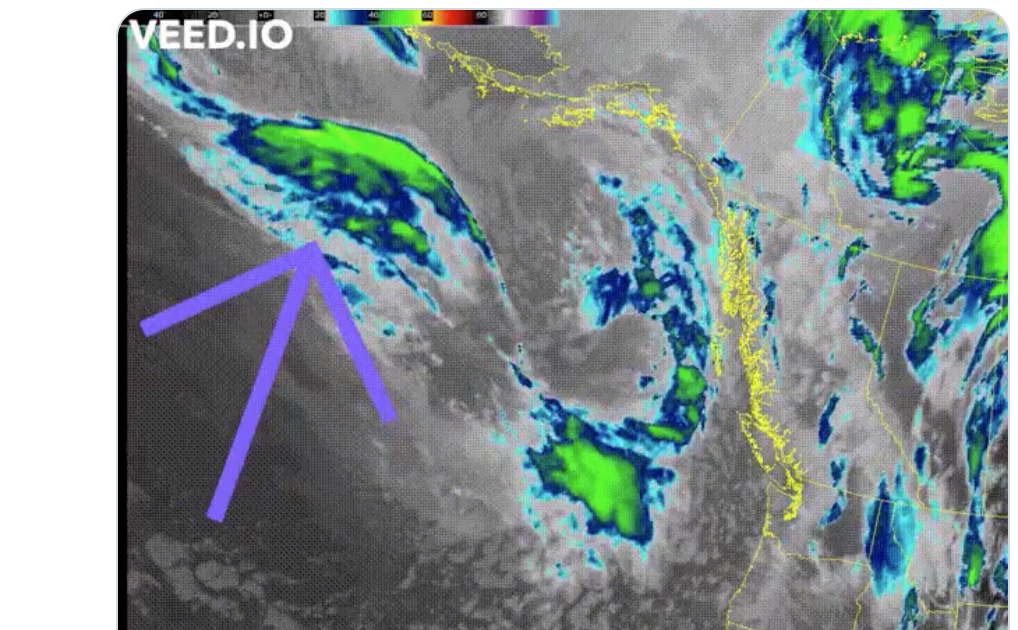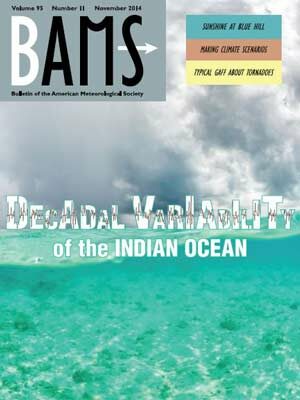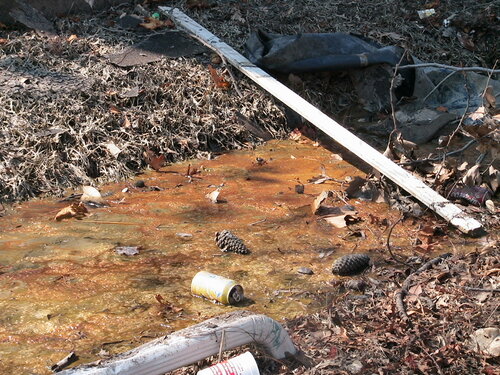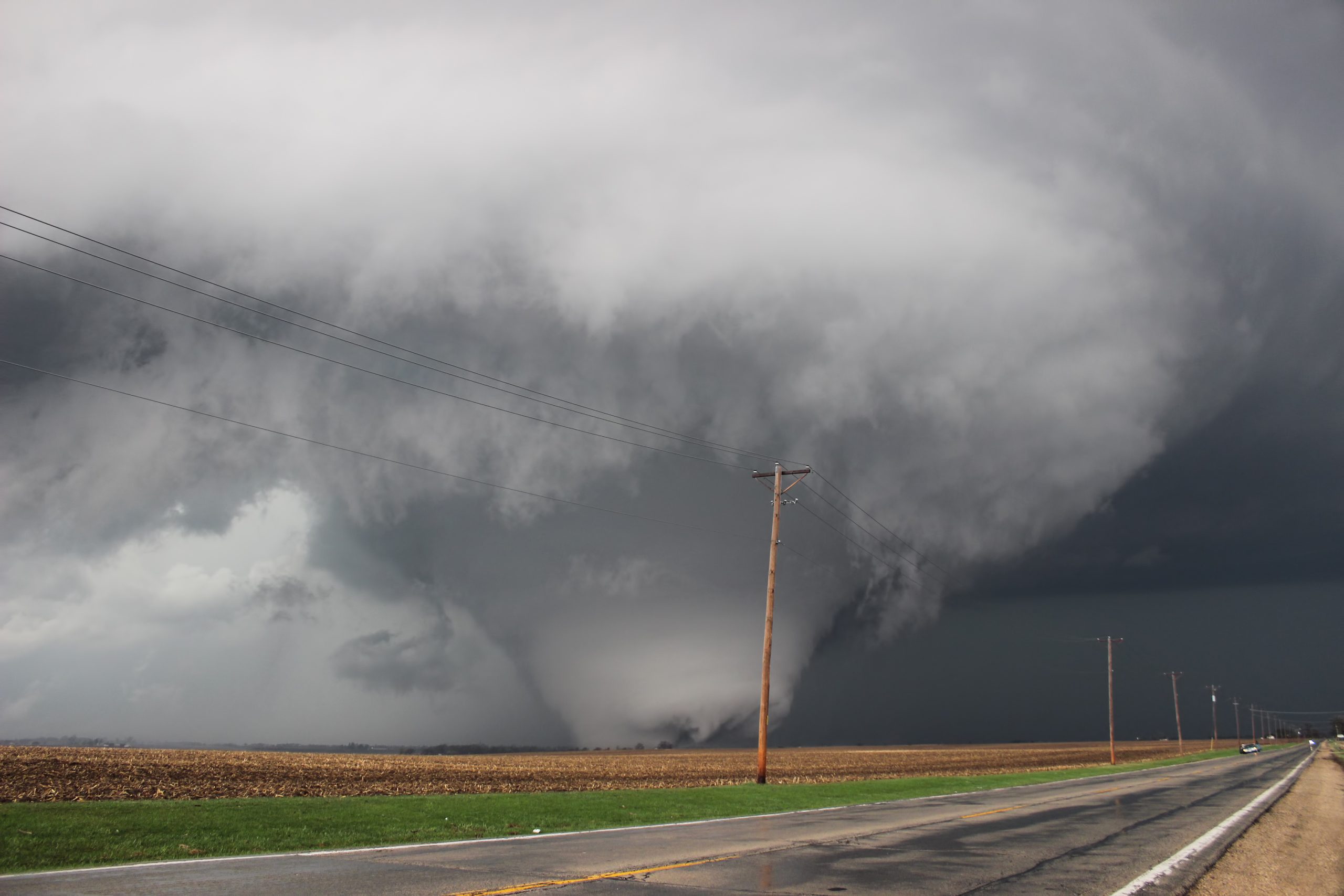I'm starting this thread to collect lol-worthy examples of media totally biffing descriptions or naming of various weather events.
This inaugural post includes a link to another thread where this is already discussed: VIDEO: Maryland Tornado (Ida), but also this entry:
This thread is meant to get laughs and also face palm at botched media coverage of weather events such as:
This inaugural post includes a link to another thread where this is already discussed: VIDEO: Maryland Tornado (Ida), but also this entry:
This thread is meant to get laughs and also face palm at botched media coverage of weather events such as:
- "possible tornado" from a video or image of what is almost certainly (or is 100% surely) a tornado
- "The polar vortex is coming!" (hint: it's always there)
- "vortex"/"cyclone"/"whirling dervish"/"zephyr"/all goofy terms used to describe what is actually a tornado
- "Mysterious power surge during thunderstorm causes outages"
- etc.





